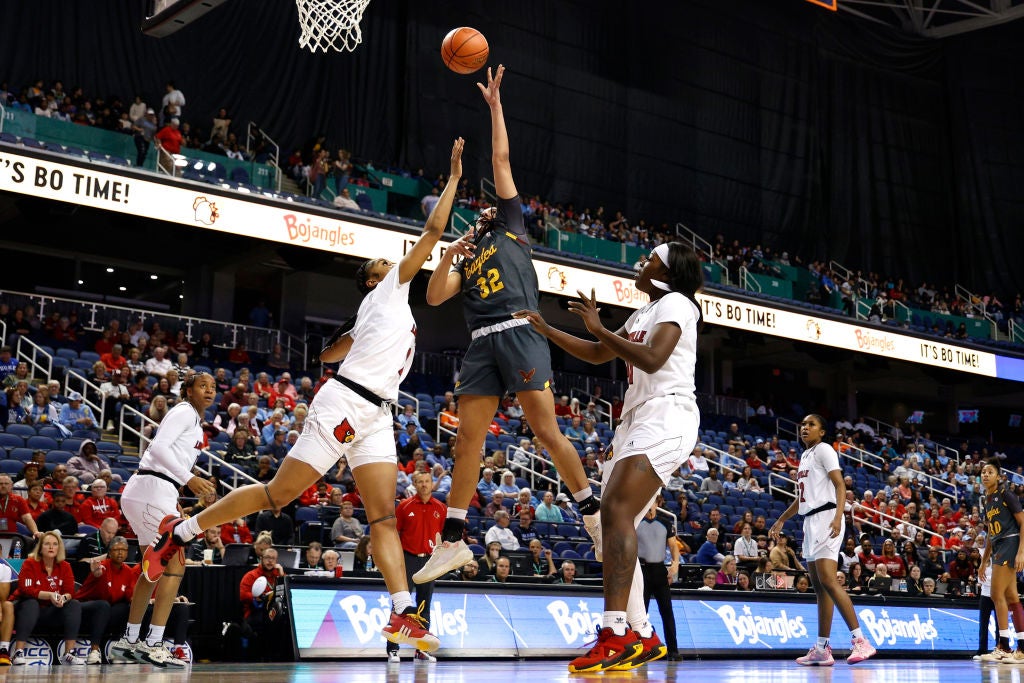US college organisation bans transgender athletes from competing in all women’s sports
The NAIA represents over 80,000 athletes Stateside

Your support helps us to tell the story
From reproductive rights to climate change to Big Tech, The Independent is on the ground when the story is developing. Whether it's investigating the financials of Elon Musk's pro-Trump PAC or producing our latest documentary, 'The A Word', which shines a light on the American women fighting for reproductive rights, we know how important it is to parse out the facts from the messaging.
At such a critical moment in US history, we need reporters on the ground. Your donation allows us to keep sending journalists to speak to both sides of the story.
The Independent is trusted by Americans across the entire political spectrum. And unlike many other quality news outlets, we choose not to lock Americans out of our reporting and analysis with paywalls. We believe quality journalism should be available to everyone, paid for by those who can afford it.
Your support makes all the difference.The National Association of Intercollegiate Athletics on Monday banned transgender women from competing in women’s sports, taking a more hardline stance than other athletic bodies that allow trans athletes to compete based on testosterone levels.
Separately, World Netball has implemented a ban on trans athletes with immediate effect at international level.
The NAIA, representing mostly small colleges, is less influential than the larger National Collegiate Athletic Association (NCAA) but its decision carries some political weight in the wider U.S. debate about transgender rights.
“Only NAIA student-athletes whose biological sex is female may participate in NAIA-sponsored female sports,” the association said in its policy.
Female athletes who have begun masculinising hormone therapy may participate in internal workouts, practices and team activities but are banned from external competition. Any eligible athlete may participate in men’s sports, the policy said.
The vote by the association’s Council of Presidents was 20-0, ESPN reported.
Kelley Robinson, president of the Human Rights Campaign, which advocates for LGBTQ rights, criticised the policy as a “cowardly decision that enables discrimination.”
The NAIA has 83,000 athletes at 250 schools while NCAA has more than 500,000 athletes at 1,100 member schools, according to their respective websites. The NCAA transgender policy requires transgender athletes to have undergone testosterone suppression treatment for at least one year and to test below certain levels at different times of the year.
The International Olympic Committee policy allows each sporting federation to set its own regulations.
For example, in 2022, the swimming regulator FINA said transgender women must have suppressed male puberty before age 12 or must not have reached a certain level of male puberty.
That policy was announced shortly after University of Pennsylvania swimmer Lia Thomas, a transgender woman who had recently transitioned, won the NCAA 500-yard freestyle championship, which critics labeled unfair.
Last month, more than a dozen female athletes sued the NCAA for allowing Thomas to compete, alleging the transgender participation policy violated their civil rights under Title IX, the federal law banning discrimination based on sex in education.
Reuters
Join our commenting forum
Join thought-provoking conversations, follow other Independent readers and see their replies
Comments